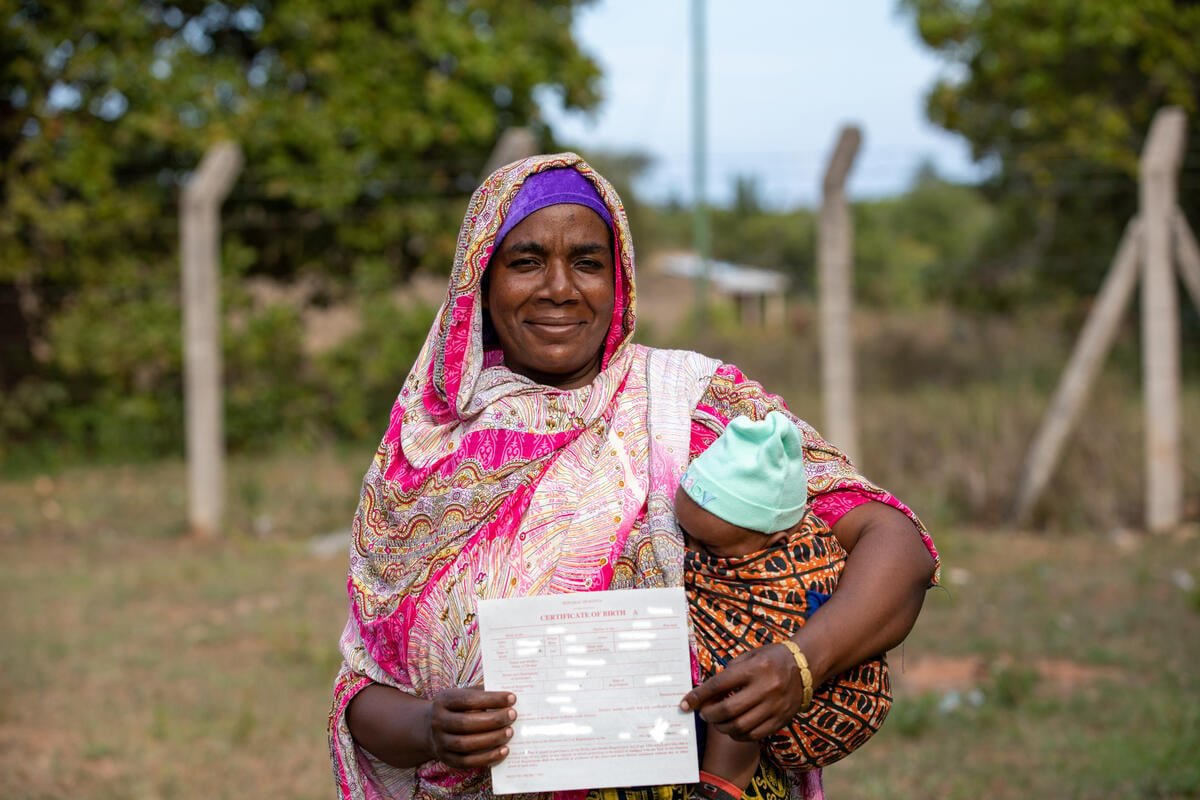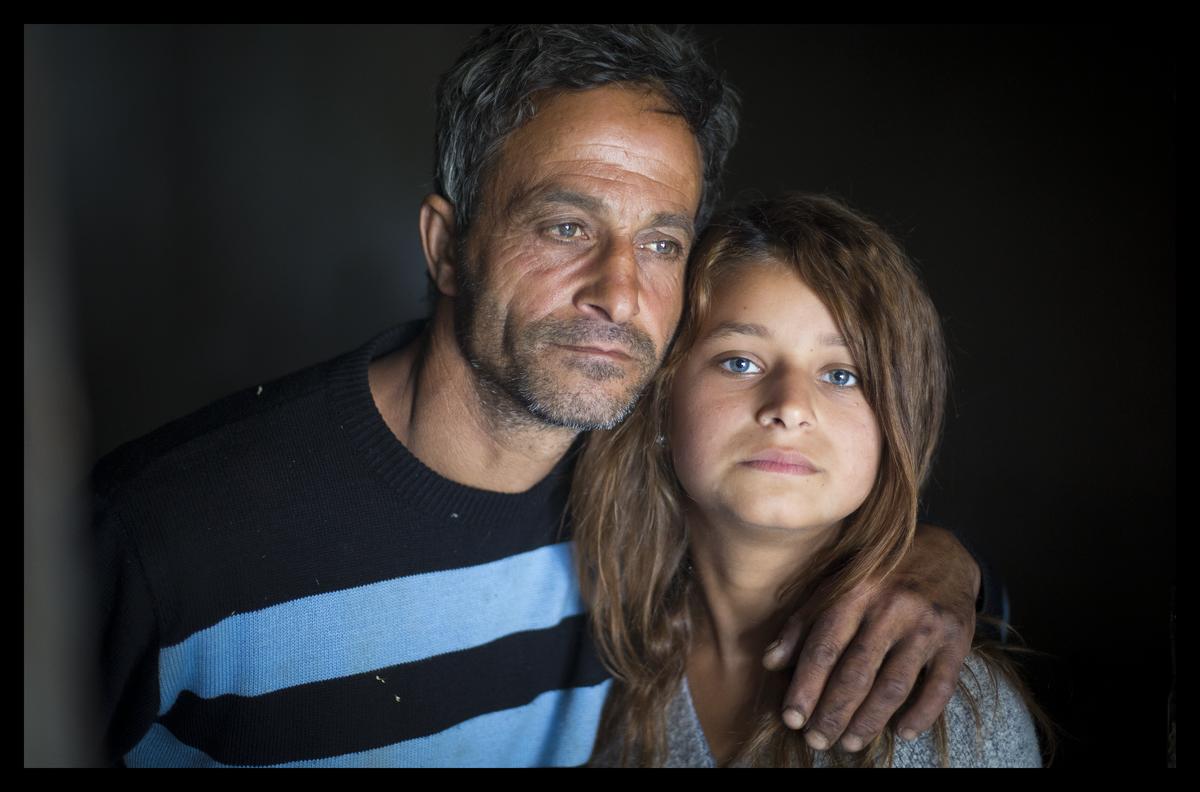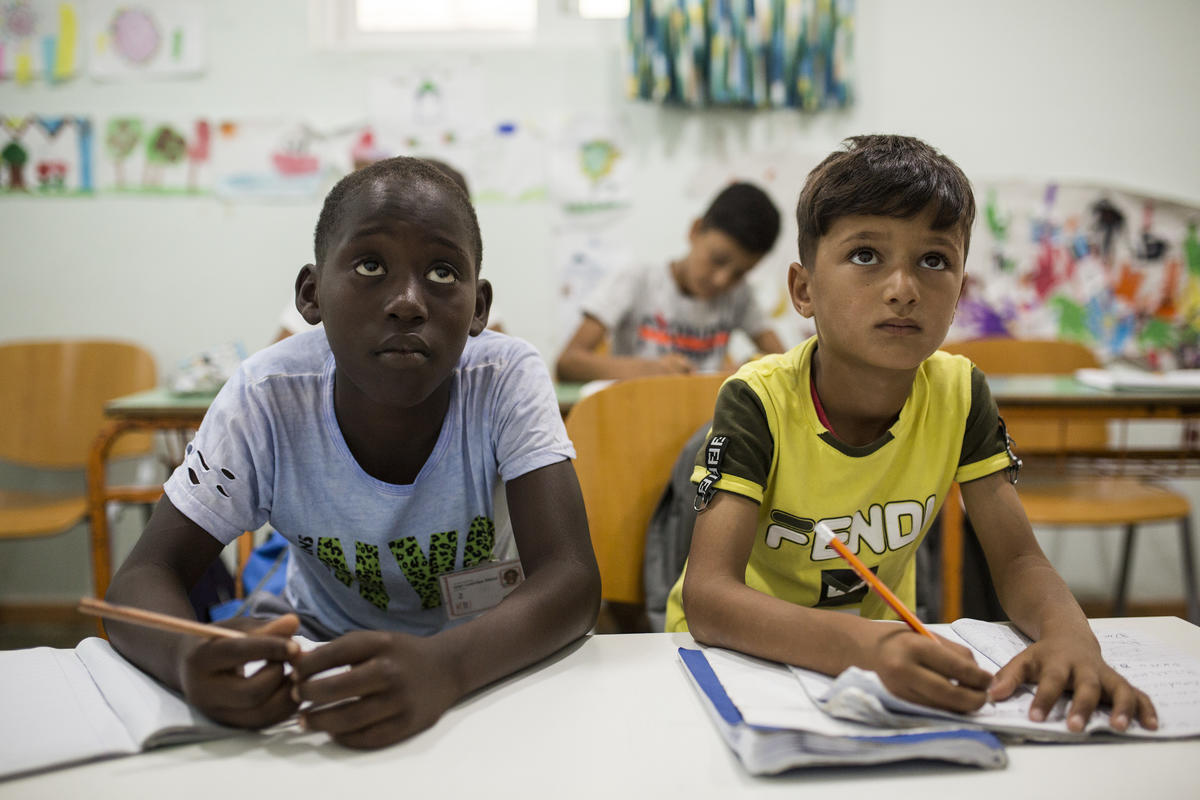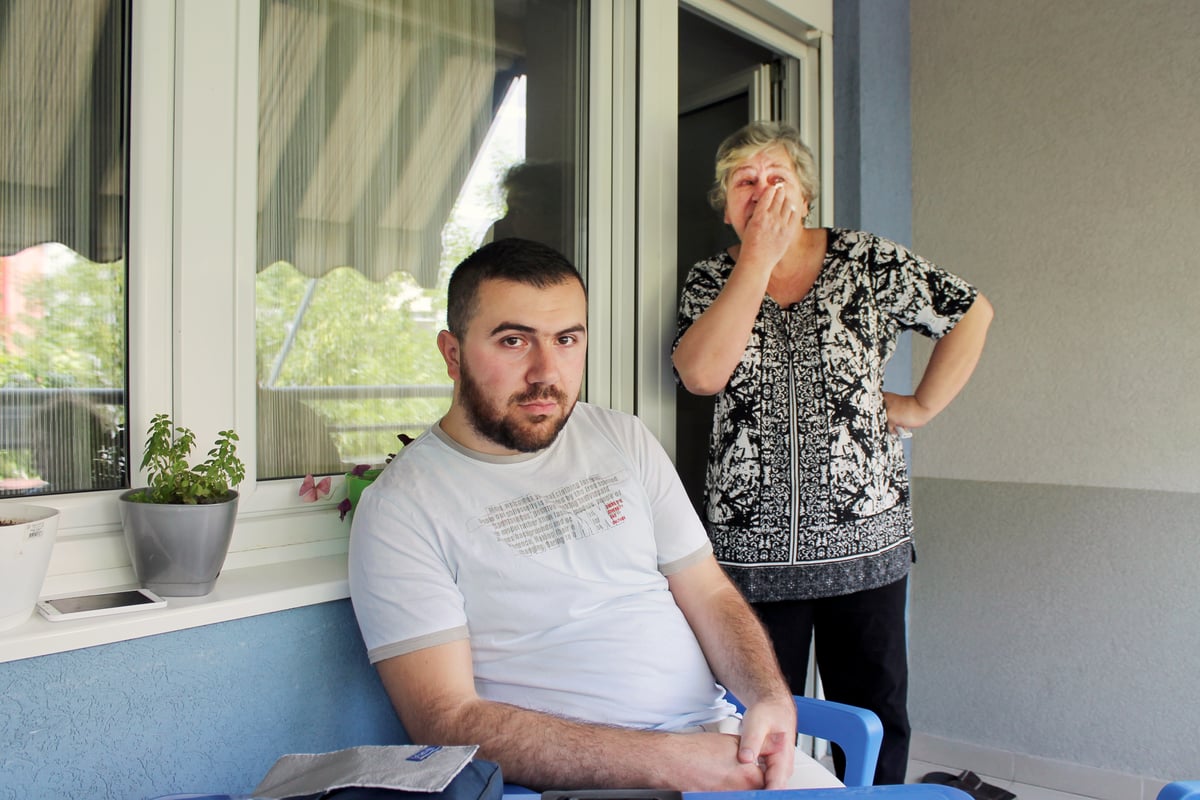Refugee returns to former Yugoslav Republic of Macedonia remain slow
Refugee returns to former Yugoslav Republic of Macedonia remain slow
GENEVA, 16 Oct., (UNHCR) - In a reflection of slow progress in the peace process, the rate of refugee returns from Kosovo to the Former Yugoslav Republic of Macedonia (FYROM) remains very slow at less than 100 persons a day, the U.N. refugee agency reported Tuesday.
The agency emphasized, however, that more than 57,000 refugees have returned to their homes since late June. Furthermore, the agency said initial results from a review of the caseload in Kosovo show that less than 25,000 FYROM refugees remain outside the country.
Another 53,700 persons, 60 percent of them ethnic Macedonians, are internally displaced, according to figures released by the [former Yugoslav Republic of] Macedonian Red Cross.
In an continuing effort to help build confidence in the Aug. 13 peace agreement, the refugee agency last week began a new, twice-a-day roundtrip bus service from Kumanovo north-east of the capital of Skopje to the nearby towns of Lopate, Opae, and Lipkovo.
The agency said the purpose of the new service is to transport ethnic Macedonians and ethnic Albanians to visit their homes in the towns of the region. The new service follows the success of a similar bus line established to transport both communities across ethnic lines and checkpoints in the troubled Tetovo region of northern FYROM.
UNHCR also said Tuesday it had begun transporting water over the weekend to the village of Ljuboten, 10 kilometres north of the capital. About 1,300 of the village's 2,600 residents have returned to their homes since the village was abandoned in early August.
"The water supply in Ljuboten is generally poor and wells are now dry," a statement said.
The relief organization added it was considering repairing the village's water supply system under its 'quick impact' project programme. On Monday UNHCR sent Ljuboten three truckloads of relief packages containing mattresses, plastic sheeting, hygienic kits and tools.
An additional seven trucks of relief supplies were sent Monday to Radusa, just outside Skopje, the agency said. About 2,100 residents out of a pre-war population of 2,700 have returned to their homes in the village, the agency said.









